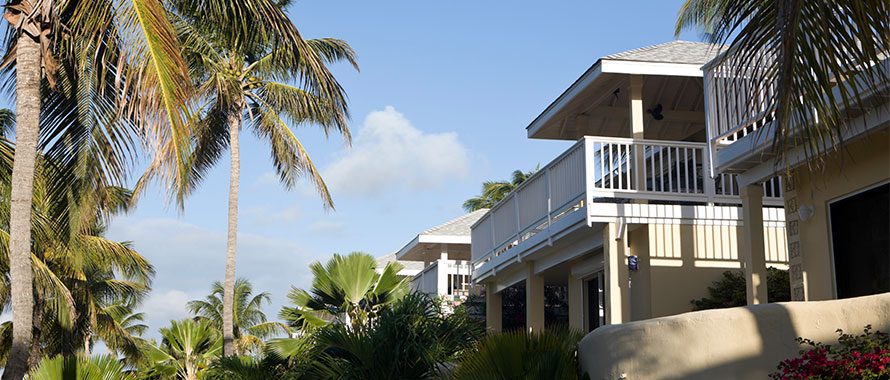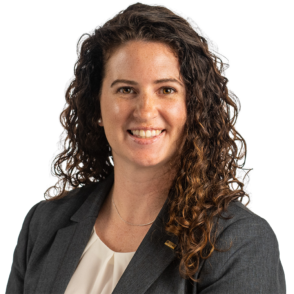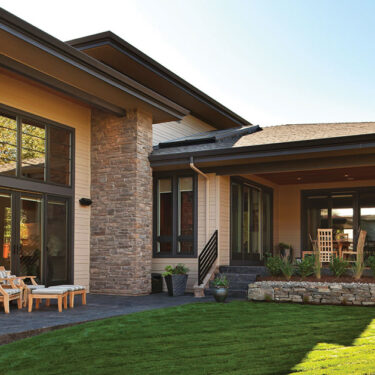In the wake of Hurricane Ida and an alarming number of other severe weather events in the U.S., Homeowners Insurance has been in the spotlight — particularly for those living in the Gulf Coast. To learn more, Crain’s Content Studio spoke with Anella Niewenhous, Associate Vice President, Regional Practice Group Leader, Personal Insurance, Burns & Wilcox, Morehead City, NC.
What are some of the greatest risks facing Gulf Coast homeowners today?
A.N.: The primary risk is hurricanes. When Hurricane Katrina came through, the consensus was that it would be a once-in-100-years event. Here we are, 16 years later, and Hurricane Ida just hit. While we are still waiting for final damage figures, I live here now, and the entire power grid was out for days in this area, there was no running water, and the winds were even stronger than what they were with Katrina. Hurricanes usually get weaker over land, but this one did not, and that is something that has really never been seen.
What should these homeowners be aware of relative to this risk?
A.N.: They need to know and understand their Homeowners Insurance deductible before a storm event occurs. Insureds located in a coastal area that gets affected by hurricanes, will likely have a separate deductible, such as a wind/hail deductible, named storm deductible, or hurricane deductible. These are usually a percentage instead of a flat dollar amount. Homeowners should also understand if their policy deductible applies once per hurricane season or to each hurricane event.
What are the most important things Gulf Coast residents should know about Homeowners Insurance?
A.N.: It is so important that they have the appropriate Homeowners Insurance amounts for coverage A, B, and C in the event of a hurricane. Coverage A is your dwelling, B is other structures like fences, and C is your contents. Your deductible is usually only paid once for all those coverages, however some companies will have a percent-based deductible for each of those coverages. After a hurricane, common covered expenses include roof damage and other wind damages, and loss of use coverage for things like living expenses and meals if you are relocated. Also, homeowners often forget about Flood Insurance. Water that comes into the property through flooding is not a covered peril on your Homeowners Insurance; therefore, a separate flood policy is important to maintain. After Hurricane Katrina passed, the levee protection system suffered breaches and overflow pushing flood water into homes. Floodwaters reached 10 to15 feet in some areas and did not recede for weeks.
Are there steps that homeowners should take to complement their insurance coverage?
A.N.: You can get credits on your Homeowners Insurance policy for using certain wind mitigation tactics, such as storm shutters, a hip roof, sealed entries, roof deck attachments and hurricane straps. If a hurricane is expected, anything outside that is not strapped down should be secured. Trampolines and other items become projectiles when left unsecured in strong winds.
What are the greatest opportunities for brokers to get into Homeowners Insurance?
A.N.: All of the Gulf Coast has been through a storm event somewhat recently. It is important to be familiar with the area and educated on properly insuring the client. That goes a long way.
What features of Homeowners Insurance are specific to Burns & Wilcox?
A.N.: We offer a Wind Deductible buy-back policy. This is designed for high-value homeowners in coastal areas to help reduce the impact of high wind or hurricane deductibles. We also have an in-house, private flood practice with over 10 different markets. Our private Flood Insurance products provide a variety of features and benefits for homeowners, including competitive pricing, no waiting period and high limits. When it comes to placing coastal property, Burns & Wilcox has decades of expertise. Our history started on the coast and remains strong today along the Gulf and the Atlantic coast.
Homeowners Insurance, Gulf Coast
WHY YOUR CLIENTS MIGHT NEED IT: In coastal areas, hurricanes pose a strong threat for property loss. Hurricane Ida made landfall on the Louisiana coast with sustained winds of 150 mph and a peak wind gust of 172 mph. Most, if not all, of southeast Louisiana was left without power and had limited running water for weeks from the damaging wind speeds and heavy rainfall.
PROTECTS AGAINST: Damage to roofs, trees and utility poles falling on properties, along with other structural damage caused by a hurricane; also covers the costs of having to relocate while home is damaged.
EXPERT OPINION: “All of the Gulf Coast has been through a storm event somewhat recently. It is important to be familiar with the area and educated on properly insuring the client. That goes a long way.” – Anella Niewenhous, Associate Vice President, Regional Practice Group Leader, Personal Insurance, Burns & Wilcox






